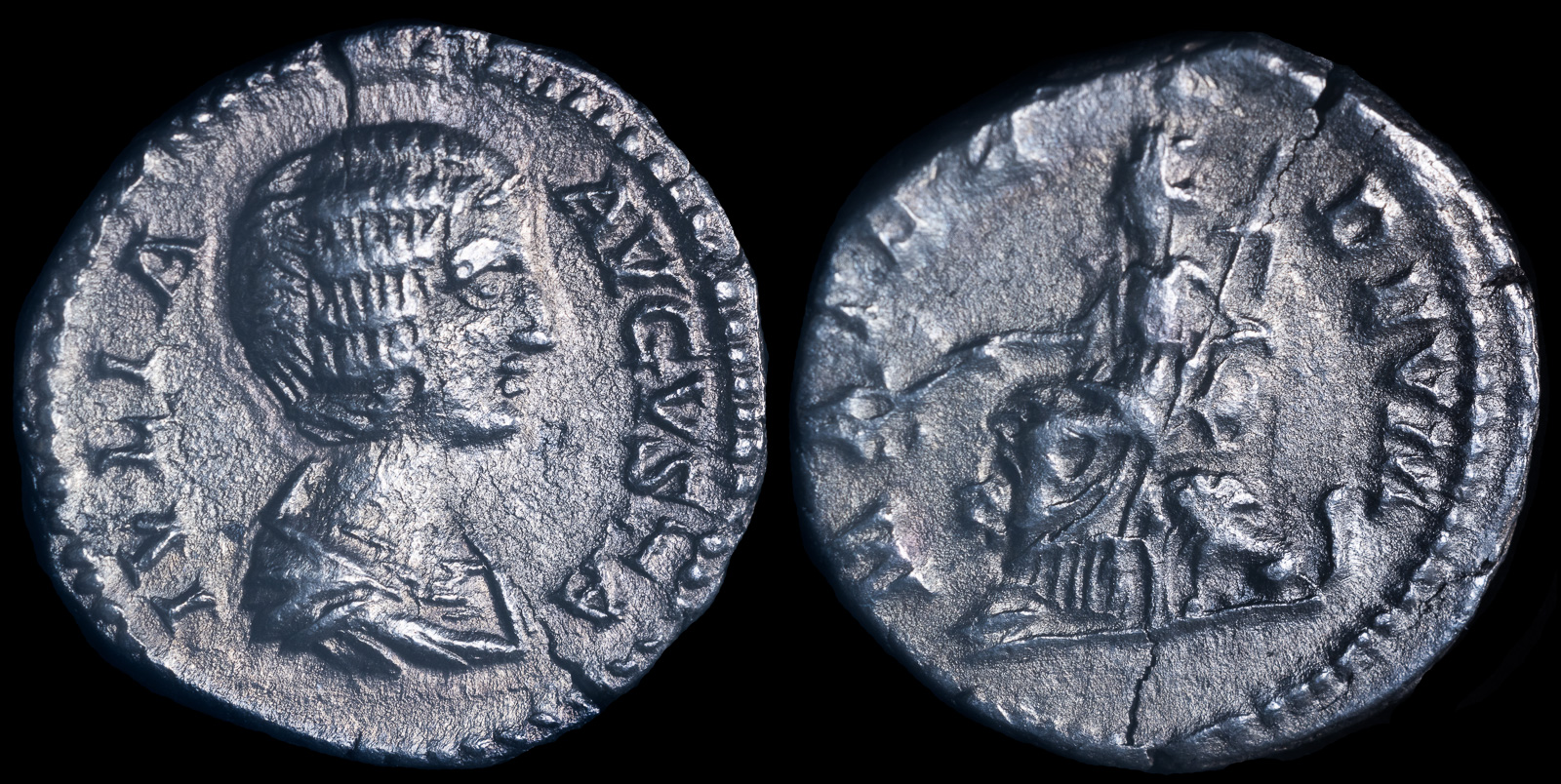Drum
View All Tags
In military contexts, drums were also important, particularly in the form of war drums that were used to signal movements or rally troops. While the ancient Greeks are more commonly associated with the use of trumpets and horns for military purposes, percussion instruments like drums could have been used to maintain rhythm and coordination during battle or on the march. The sound of drums served to unite soldiers, maintain discipline, and communicate messages during combat or military parades.
Drums were also utilized in theatrical performances, particularly in Greek drama. In certain performances, especially those involving choruses or ecstatic dances, drums helped to emphasize the rhythm of the performance, setting the pace for the dancers and actors. The presence of drums in these performances also mirrored the themes of ritual and myth, particularly when the drama involved gods or divine figures like Dionysus, whose cult was strongly associated with ecstatic, rhythmic, and sometimes frenetic performances.

Julia Domna, Augusta
Rome c 205 CE
AR Denarius 2.47g 18.5mm
Drap. Büste
r. Rs.Sitz. Cybele mit Zepter lehnt an Trommel, unten zwei Löwen
RIC IV S564, RSC III 123, BMCRE V p163, S51